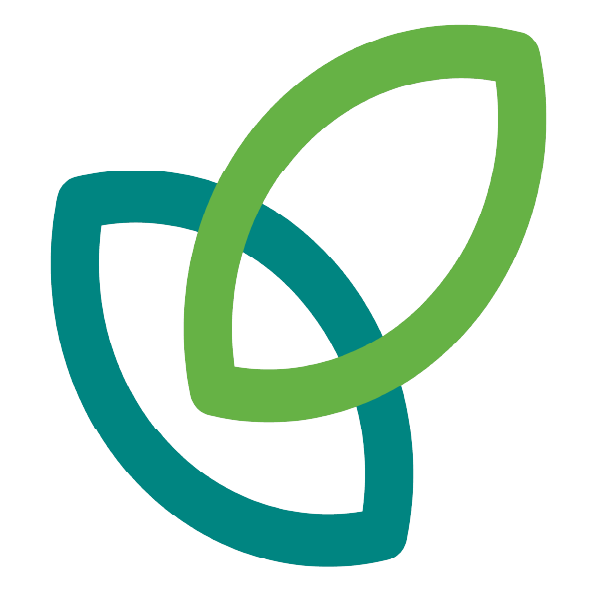Building Trust Through Data: How CMAS Strengthens Coffee Communities in Colombia
- Sustainable Agriculture Network

- Oct 6, 2025
- 5 min read
Updated: Oct 8, 2025
This project is made possible thanks to a grant by the ISEAL Innovations Fund, sponsored by the Swiss State Secretariat for Economic Affairs and the UK Government.
Community voices lead the way in Gaitania and Planadas, Tolima
In the coffee landscapes of Tolima, Colombia, a new approach is helping farmers connect data, trust, and sustainability like never before.
The Community-Based Monitoring and Assurance System (CMAS), developed by the Sustainable Agriculture Network (SAN) in collaboration with Fundación Natura, is giving local producers the tools to track and manage their own sustainability performance — empowering them to take ownership of their progress toward more regenerative agriculture.
🎥 Watch the video below to hear directly from the community monitors of Gaitania and Planadas.
From External Audits to Local Ownership
For years, many sustainability standards relied on short, external audits to assess farm performance. While valuable, these snapshot evaluations often missed the deeper realities of smallholder communities — their challenges, their innovations, and their collective knowledge.
CMAS was designed to change that. It builds on SAN’s decades of experience supporting smallholders through certification systems and field programs, but takes a bold step further: placing monitoring directly in the hands of the farmers themselves.
Community monitors — farmers, sons, and daughters of producers — are trained to collect data on biodiversity, soil health, water management, social practices, and farm productivity. The process is continuous and participatory, helping farmers understand not only what needs improvement but why.
Training, Technology, and Trust
During a recent CMAS training held in Gaitania, the community monitors deepened both their technical and practical understanding of the tool.
The sessions began with theory and discussion led by Julián Gómez and Oliver Bach, who guided participants through the features of the CMAS questionnaire and its digital platform. Together, they explored the main sustainability themes that the tool measures — including soil health, biodiversity, workers’ conditions, gender equity, and good agricultural practices.
After the theory sessions, the group visited several coffee farms in Gaitania to put their knowledge into practice. Working in pairs and small groups, the monitors simulated real field visits using the CMAS tool. They observed, recorded, and discussed their findings, and were able to ask direct questions to Julián and Oliver to strengthen their technical understanding and field monitoring skills.
This hands-on approach helped bridge the gap between data and dialogue — giving the monitors the confidence to collect reliable information and to engage meaningfully with producers in their own communities.
Oliver, one of the monitors, described how the system builds on SAN’s earlier experiences with Fundación Natura:
“The project is about building on the experiences SAN has developed with Fundación Natura and communities in Colombia — to teach them how to monitor environmental and social impacts and improvements in production, so they can measure them themselves.”
This balance between learning and action is central to CMAS. As Deisy put it:
“First, we did the theory part with Julián, who taught us how to use the tools. Then we went out to the field to learn how to use the questionnaire and to deepen our knowledge about coffee.”
By combining training and field observation, CMAS strengthens local capacity and builds confidence. Farmers gain practical understanding of sustainability concepts while learning to interpret their own data.
Data That Builds Empowerment
In traditional systems, external evaluators often collect data that producers rarely see. With CMAS, this relationship is reversed.
As Julián, one of the technical facilitators, shared:
“In traditional systems, an external company sends someone to monitor the farms, and in many cases they leave and the data never comes back. With CMAS, we want to change that. We want someone from the community to collect the data and say, ‘I have these records, this is what we do here — so you can buy from us with confidence.’”
By giving producers ownership of their data, CMAS helps associations make informed decisions, design targeted trainings, and engage more effectively with buyers and certifiers.
This shift is already yielding results. In the CMAS pilot phase, four farmer associations and over 300 producers in Planadas began using the system to strengthen compliance with sustainability standards and improve coffee quality. The data collected supports programs such as Nespresso’s AAA Sustainable Quality initiative while helping associations address issues like fertilizer use, water management, and pest control.
A System Rooted in Local Knowledge
CMAS is more than technology — it’s a social innovation built on trust and collaboration.
Gimena, another monitor, described how local involvement changes the dynamic with farmers:
“When an engineer or someone from outside the community comes, producers feel pressured. But when it’s someone from their own community, they’re more open and relaxed — there’s trust.”
That trust helps make sustainability tangible. Monitors observe a wide range of indicators — from shade management and soil fertility to gender equity and workers’ rights — capturing a holistic view of sustainability across farms and landscapes.
For Sebastián, who monitors coffee farms in Gaitania, the environmental value is clear:
“The guidance we provide through our results is very useful for them — for example, if there’s damage in the crops or if facilities need improvement. In this area, we make a big contribution to the environment because we take great care of the fauna and flora.”
Strengthening the Future of Coffee Communities
In Tolima, coffee is more than a crop — it’s the backbone of local life.
As Sebastián explained:
“Coffee is the economic engine of this region; without it, the local economy would collapse.”
CMAS helps safeguard that engine for future generations by combining scientific rigor with community insight. It creates a bridge between sustainability standards, market requirements, and the daily realities of smallholder farmers.
For young people like Gimena, the system also creates a sense of continuity and purpose:
“This region revolves around coffee. Young people are now getting more training and preparing themselves in coffee production, which has always been part of our roots.”
From Local Innovation to Global Potential
The CMAS pilot in Colombia has demonstrated how participatory monitoring can transform sustainability from a top-down requirement into a bottom-up movement. It is now informing SAN’s broader work to integrate community-based data collection and verification across other crops and regions.
By connecting technology, local leadership, and trust, CMAS is paving the way for a new kind of assurance — one that’s inclusive, credible, and scalable.
💬 “When communities lead, sustainability becomes both practical and powerful.”
CMAS proves that empowering farmers with knowledge and ownership doesn’t just strengthen compliance — it strengthens communities.
As SAN continues to expand this model, partnerships with public, private, and civil society organizations will be key to scaling its impact and ensuring that sustainability reaches even the most remote landscapes.


























Comments